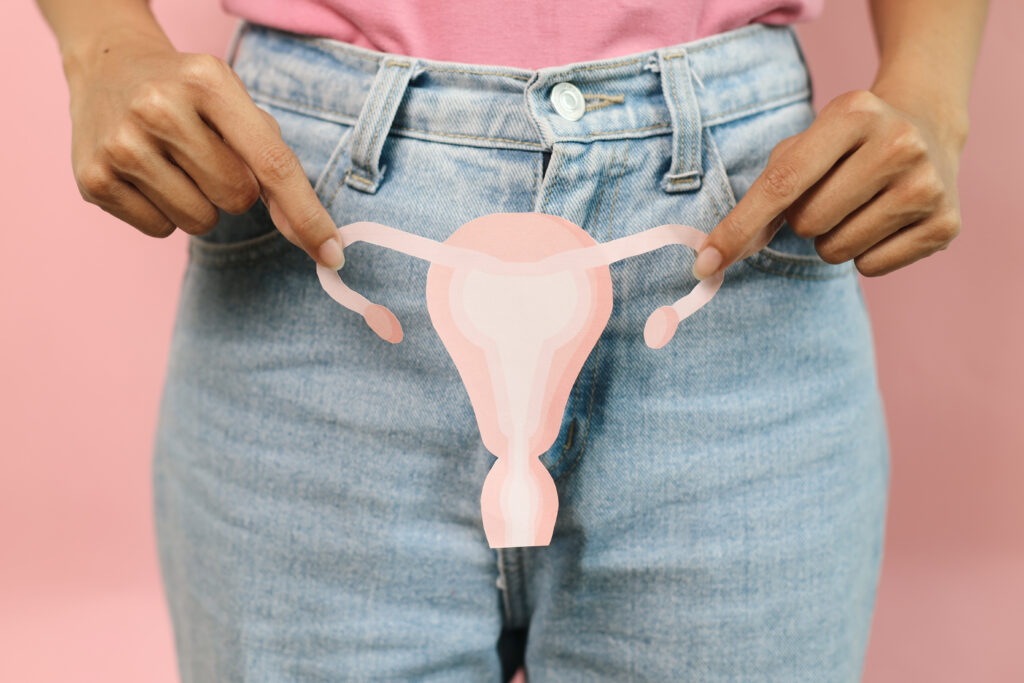The Hidden Cost of Menopause in the Workplace: Why We Must Do Better for Women in Leadership
We need to talk about something that doesn’t get nearly enough attention — and it’s affecting some of the most brilliant, driven, and accomplished women in the workforce.
A powerful new study published by the National Institutes of Health (NIH) reveals a troubling trend: women in high-level executive roles, successful entrepreneurs, and top-performing professionals are stepping away from their careers due to debilitating perimenopausal and postmenopausal symptoms.
Yes — women are leaving the positions they worked so hard to attain, not because they lost passion or purpose, but because hormonal changes are going unrecognized and unsupported in the workplace.
The Reality: Menopause Isn’t Just a Personal Health Issue — It’s a Workplace Issue
In the cross-sectional study titled “Impact of Menopausal Symptoms on Work and Careers,” researchers found that many women felt forced to reduce their hours, step down from senior roles, or leave their jobs entirely due to severe menopause-related symptoms. These include:
-
Brain fog and memory lapses
-
Hot flashes and night sweats
-
Insomnia and chronic fatigue
-
Mood swings and anxiety
-
Reduced focus and productivity
It’s not just the physical symptoms — it’s the lack of understanding, space, and support in work environments that makes this transition even harder.
Why This Matters: We’re Losing Our Leaders
This isn’t just sad. It’s unacceptable.
Women in midlife are often at the peak of their careers — armed with decades of experience, leadership skills, and hard-earned wisdom. To see them pushed out of the workforce due to an unspoken health transition is a loss for every industry.
We’re talking about business owners, CEOs, doctors, educators, creatives, and innovators. These are women who have already broken barriers, only to find themselves quietly exiting the stage because they feel they have no other option.
We Need Safer Spaces for This Transition
It’s time to normalize this conversation — not in whispers behind closed doors, but in boardrooms, HR policies, and leadership training.
Menopause should be treated like any other significant health phase that impacts performance. That means:
-
Educating teams and leadership on perimenopausal symptoms
-
Creating flexible options and support for women during this transition
-
Offering resources like access to hormone therapy, wellness programs, and mental health support
-
Removing the stigma and shame that so often surrounds this topic
Let’s Do Better — For Ourselves and the Next Generation
Women deserve to thrive at every stage of life. We deserve to lead, innovate, and grow in our careers without being sidelined by biological transitions that are entirely natural — and treatable with the right care.
If you’re in a leadership position, an HR professional, or simply someone who wants to advocate for change, now is the time to take this seriously.
Let’s build a future where women don’t have to choose between their health and their careers.
Because we are fierce, we are smart, and we are not done yet.
Struggling with perimenopause or postmenopause symptoms?
If you’re experiencing brain fog, low energy, mood swings, or just don’t feel like yourself lately — you’re not alone, and you don’t have to suffer in silence. At Leawood Total Wellness, we specialize in supporting women through every stage of life, including personalized hormone therapy and whole-body care.
Let’s see if we can help you feel like you again.
📞 Call or text 913-227-9150 to schedule a consultation to learn about our Hormone Replacement Therapy options.
Citation:
O’Neill MT, Jones V, Reid A. Impact of menopausal symptoms on work and careers: a cross-sectional study. Occup Med (Lond). 2023 Sep 29;73(6):332-338. doi: 10.1093/occmed/kqad078. PMID: 37542726; PMCID: PMC10540666.





